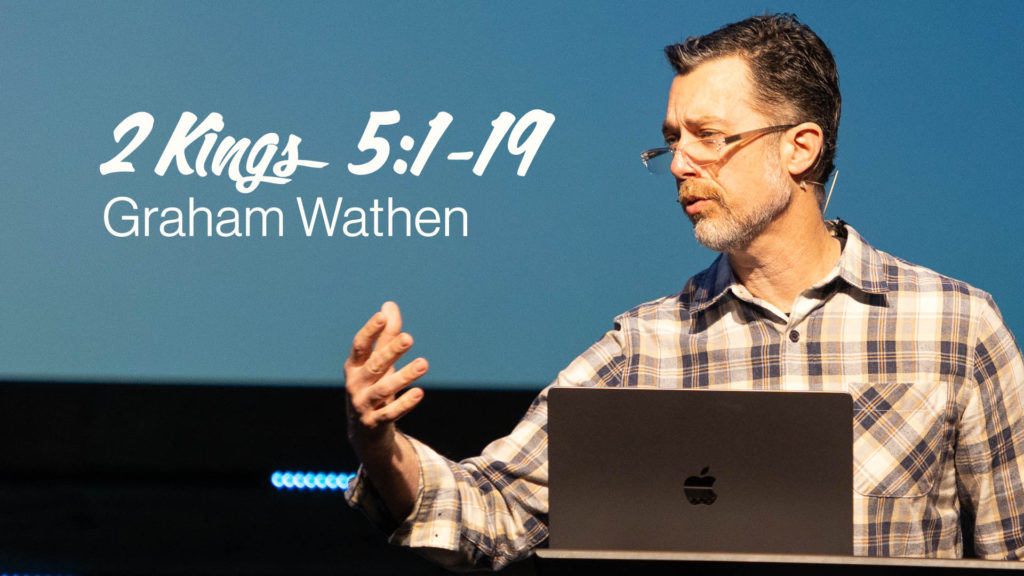In Psalm 32, David reflects on the heavy burden of unconfessed sin and the profound relief found in God’s forgiveness. Written after his repentance from sin with Bathsheba, the psalm illustrates a journey from guilt to grace. David describes the crushing weight of his guilt as a physical and emotional torment, which only lifted when he confessed his sins to God. The psalm serves as a guide for others, emphasizing the joy of forgiveness and the necessity of confession. David outlines five steps in this path to joy: recognizing the Blessing of Forgiveness, understanding the Sorrow of Sin, finding Safety in Prayer, acknowledging the Necessity of Submission, and experiencing the Joy of Trusting. He paints a vivid picture of forgiveness, using words that suggest sin is a burden lifted, hidden away, and not counted against us. This underscores the message that no sin is beyond God’s grace. The psalm encourages believers to confess sins promptly, as delaying brings misery and isolation, while confession restores communion with God. Ultimately, it invites us to find our hiding place in God’s mercy rather than in secrecy, echoing the Gospel’s promise of redemption through Christ.




